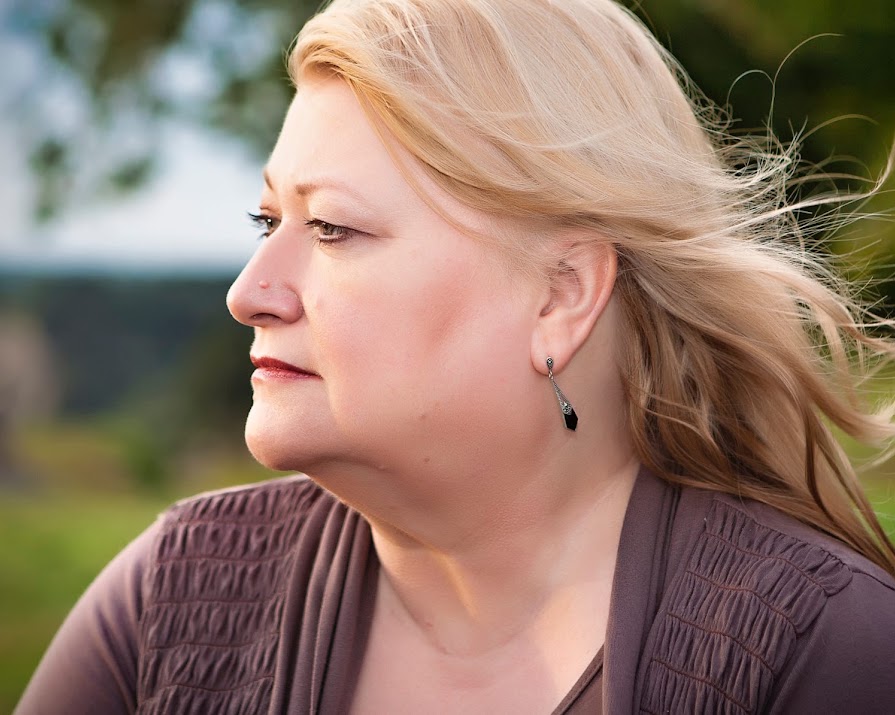Ovarian cancer: 410 women in Ireland diagnosed every year – know the facts
By Grace McGettigan
01st Mar 2020
01st Mar 2020
Ovarian cancer - know the facts
With no national screening service for ovarian cancer, and with more than 400 women being diagnosed each year, it’s vital we know the facts
“I was diagnosed with ovarian cancer at 28 years old while pregnant,” says June Feeney, a Waterford woman who later went on to co-found the ovarian cancer charity OvaCare.
“Shortly after giving birth, I commenced a six-month chemotherapy course which, thankfully, successfully treated it.”
It seems June is one of the lucky ones. Approximately 410 women in Ireland are diagnosed with ovarian cancer every year, but a recent study by Lancet Oncology found we have very poor survival rates compared to other western countries.
“It is time to raise awareness for this dreadful disease and support the many Irish women affected by it”
There are various reasons for this. First, there is no national screening service for ovarian cancer. A smear test only screens for cervical cancer; no more and no less. According to the HSE, “At present, there is no method of screening for ovarian cancer that is reliable enough to be used by all women. Clinical trials into this are continuing.”
Not only that, but symptoms often don’t present themselves until the cancer has reached an advanced stage; with many Irish women being diagnosed with Stage III.
With that in mind, June says, “It is time to raise awareness for this dreadful disease and support the many Irish women affected by it.”
Ovarian cancer – know the facts
Ovarian cancer can affect women of any age, though it is more common among women over 55, or those who have gone through menopause.
While the exact cause of the disease is unknown, a number of possible factors are thought to be involved; such as the number of eggs the ovaries release and whether someone in your family has had ovarian cancer in the past.
There are also different types of ovarian cancer. The most common one affects the surface layers of the ovary; another originates in the cells that make the eggs; while a third type develops within the cells holding the ovaries together.
As with most types of cancer, the outlook depends largely on how far the cancer has advanced by the time it is diagnosed, as well as your age at the time of diagnosis.
According to the HSE, 90% of women who are diagnosed with early Stage I ovarian cancer will be alive in five years time (this is known as the five-year survival rate). This number will likely decrease as the woman’s cancer stage (and age) increases.
Symptoms
Unfortunately, symptoms of ovarian cancer can be difficult to spot (particularly in the early stages of the disease). The HSE says that, even when symptoms do appear, they’re often similar to symptoms of other conditions (such as IBS or PMS).
Still, it’s important to know what to look out for. The main symptoms include:
– persistent pelvic and abdominal pain
– increased abdominal size / persistent bloating (not bloating that comes and goes)
– difficulty eating and feeling full quickly, or feeling nauseous
“Other symptoms, such as back pain and needing to pass urine more urgently and frequently than normal, may be the result of other conditions in the pelvic area. They are probably not ovarian cancer, but may be present in some women with the disease,” says the HSE.
If you have any of these symptoms, it’s advised you keep a ‘symptom diary’ to see how persistent they might be. What’s more, if you experience any of these things regularly, talk to your GP. It’s best to get checked than to wonder.
Free patients’ information day
(Families, friends and loved ones are welcome too)
While ovarian cancer can feel isolating, it doesn’t have to be. OvaCare, led by June Feeney and Rachel Ireland, provides regular opportunities for patients with ovarian cancer (and their families) to meet. “They can hear from leading doctors, researchers and therapists,” says June, “and importantly, they also get a chance to meet fellow patients.
Photo: Dave Francis on Unsplash
Read more: Breast cancer awareness: how to check your breasts at home
Read more: How to talk to children about a parent’s diagnosis
Read more: 11 brands to shop while also supporting breast cancer awareness























